China’s e-commerce giant Alibaba hits $17.8 billion in sales on Singles Day 2016, turning a sweetheart’s holiday into an insane global e-commerce record.
Before the 24-hour shopathon on 11 November kicked off, Alibaba’s chairman Jack Ma hosted a television countdown gala starring former NBA star Kobe Bryant and fashion icon David Beckham. Almost 200 million viewers watched the show.
This year many heavyweight retailers such as Apple, P&G, L’Oréal, Estee Lauder, Costco, Target, and Maserati participated in the 11.11 Global Shopping Festival.
In total, over 15,000 retail brands from the U.S., Europe, Japan, Korea, and Australia joined the 2016 edition. 82% of all transactions came from a mobile phone.
Nobody could believe the Singles’ Day 2015 results. Was a Chinese e-commerce player able to crush Cyber Monday and Black Friday combined?
On Singles’ Day 2015 Alibaba already smashed all expert expectations. In 24-hours the company hit a record-breaking $14.3 billion in sales.
It was hard to imagine but 760 million packages were delivered by 1.7 million deliverymen, 400,000 vehicles, and 200 airplanes.
Transactions took place in more than 200 countries. Nearly 70% of the 2015 orders came from mobile phones.
To put Singles’ Day 2015 in perspective, Alibaba crushed the $5.8 billion in sales of the combined U.S. e-commerce holidays of Cyber Monday and Black Friday.
That made ‘Double 11′ not just the largest online shopping day in China but the largest shopping event on this entire planet.
The history of Alibaba Singles’ Day, now dubbed 11.11 Global Shopping Festival, benchmarked against Thanksgiving, Black Friday, and Cyber Monday.
Singles’ Day once was a small event at Nanjing University. On 11 November (11.11), young bachelors celebrate being single. All the digits symbolize the individual. In 2009, Jack Ma transformed the event into ‘the festival of love’.
Ma renamed the massive discount action in his webshops to ‘Double 11’. As of 2012, the ‘Double 11’ can only be used by Ma’s companies.
He transformed the day into a celebration of love: a Chinese Valentine’s Day. On this day, the Chinese try to seduce each other with gifts and they do so on a large scale.
The turnover of Alibaba Singles’ Day rose from USD 5.8 billion in 2013 to $9.3 billion in 2014 and $14.3 billion in 2015. And a staggering $17.79 billion in 2016.
The chart below compares the 5-year boom of the 11.11 Global Shopping Festival, benchmarked against Thanksgiving Day, Black Friday, and Cyber Monday.
What actionable foresight can tell us about the future of the 11.11 Global Shopping Festival? What could be results be by 2020?
We have seen Fortune 500s going bankrupt and we have seen the complete false forecasts and polls at the U.S. elections 2016. Why are we still surprised?
The C-level suite at corporate businesses, institutions, and politics are all Mad Men. For decades, they have relied on backward-looking market research, rewarded panels, and old skool socio-demographics.
Trend-driven innovation and this Fourth Industrial Revolution demand actionable foresight as well. Forward-looking trend predictions. And that is what Math Men like Jeff Bezos and Jack Ma leverage like no other.
Both Amazon and Alibaba master data-driven integrated digital marketing. They know more about their customers than these customers know about themselves. That’s why Alibaba is able to attract so many retailers in an event like Double 11.
Math Man like Bezos and Ma never doubt big-data. They embrace it. They know 10x more about consumers’ shopping behaviors than traditional retail brands.
The Average Revenue Per User (ARPU) driven DNA at Amazon and Alibaba also makes these companies extremely predictive when it comes to financial forecasts.
If you want to freak in the morning, CNBC matched up Amazon vs. Alibaba.
To discover the future potential of the 11.11 Global Shopping Festival, there are a few ways to crunch data and to retrieve this actionable foresight.
Of course, the trends in China will partly influence the future course of Double 11.
But since Alibaba is going for world domination, Ma needs to look beyond China and monitor the global trends as well.
So, based on 2013, 2014, 2015, and 2016 actuals, Jack Ma could be pushing his Global Shopping Festival over the magic border of $35 billion in sales by 2020.
If you think “that’s unrealistic and would be complete madness”, read along.
Jack Ma is a Math Man that can make the magic happen.
Marketing used to be an art, now it’s a science. Big-data? May the math be with you.
Jack Ma is a radical visionary who wants to grow Alibaba in 20 years towards 2 billion customers, make 10 million e-tailers profitable and create 100 million new jobs.
Chairman Jack Ma recently released this 20-year strategic vision. He publicly shared his dreams with his shareholders. And with the rest of the world.
Ma is incredibly open about his vision and strategy. That’s surprising since we hardly ever hear a Fortune 500 CEO explain his strategy so boldly. Not even for the coming 2 years. Ma is able to look ahead 20 years. A Math Man in a world of Mad Men!
Under Math Men generation I also include “Larry, Mark and the rest of the San Francisco gang”. Jeff Bezos and Elon Musk also qualify as pure Math Men.
In Ma’s 20 years’ strategy he includes actionable foresight like the political and economic trends in China. But also, the e-commerce and technology trends.
Under Ma’s movement, Alibaba invented the “pay with a selfie technology” and made facial recognition technology part of his Alipay payment system.
It enhanced its mobile commerce strategy to over 70%. That’s the number of Chinese people buying at Alibaba via smartphone.
When it comes to using other digital technologies, Ma leads retail the way. Alibaba has already tested a “Pokémon Go” style augmented reality game that drove traffic Online-to-Offline locations (OTO).
In terms of data-driven personalization and CRM, Alibaba is no longer an e-commerce company but a data company that owns the data of 500 million Chinese consumers and in the future of 2 billion worldwide consumers.
By mining the data of its e-commerce, social sharing, payments, and location-based services, Alibaba can help retailers to create personalized and hyper-targeted offers and experiences.
This gives retailers new opportunities to engage with their customers and loyal brand ambassadors.
Retailers can now customize storefronts, product selections and deliver each consumer a personalized search/product result, and targeted recommendations combining social, local, and mobile data (SoLoMo).
Beyond technology, it’s again Math Man Jack Ma who reinvented the retail and e-commerce experience in ways that make both leading Hollywood firms and global retailers jealous.
Jack Ma turned e-commerce into “Entertainmerce”. The way he scripted the whole 11.11 Global Shopping Festival is incredibly refreshing and non-linear thinking.
People love the shopping experience as well as the pre-shopping fun. If 200 million people watch a pre-shopping countdown TV gala, you can talk about a whole new category of e-commerce mixed with entertainment.
The Mad Men on this planet did not invent it. Math Man Jack Ma did.
Trendwatchers have predicted doom scenarios and massive unemployment due to robotization and software. I foresee that this Fourth Industrial Revolution will bring us new jobs, economic growth, and prosperity.
Many trendwatchers have given us very pessimistic or doom scenarios about robotization and software. In their eyes, automation will kill 20-25% of all of our existing jobs in the coming 20 years. And they don’t mention any new jobs.
Through my Math Man lens, I however see a much brighter future. In my mind, chaos and change create predictable opportunities. Massive opportunities to coin the trends of the 21st century. And trust me, history will repeat itself. Revolutions are great!
During Industrial Revolution 1, 2, and 3 it was steam machines, factories, and computers that threatened our jobs and future, we all shouted. But all 3 revolutions showed that automation is not scary at all. It creates new jobs, economic growth, and prosperity.
So, as Math Man in a world of Mad Men, I see opportunities. This Fourth Industrial Revolution will create many new jobs in the next two decades.
The 100 million from Jack Ma would be a kick-ass start.
Three trends will move China towards total world domination: the rise of the upper-middle class, the emergence of a new generation and the rapidly growing role of e-commerce.
Doing research for this story on the trends in China, my team and I found interesting actionable foresight from the World Economic Forum. They explain why China is the market to watch if you want to see where the future will lead.
Three trends will move China towards total world domination: the rise of the upper-middle class, the emergence of a new generation, and the rapidly growing role of e-commerce.
While doing research for this story on the trends in China, my team and I found interesting, actionable insights from the World Economic Forum. Insights that explain clearly why China is the market to watch so you can see where the future will lead us.
These 3 trends will be the crucial components to Jack Ma’s vision to use digital retail to change China’s economic landscape.
To create exponential income and growth, yes, but also to create new jobs and a new way of living for the people of China.
Here’s a summary of the trends:
The rise of the upper-middle class:
Households claiming incomes of $24,001 – $46,000 per year are overgrowing. It’s anticipated that by 2020, there will be over 100 million households in this category.
Consumption for this group grows by 17% every year and by 2020, will account for $1.5 trillion in incremental spending.
The emergence of a new generation:
Consumption by ‘young generation’ Chinese (aged 35 or younger) is growing by 14% yearly – twice as fast as those older than 35.
The ‘young generation’s total consumption share is expected to hit 53% by 2020.
The young Chinese of today are in search of more and are willing to spend to get it.
They are better educated, more traveled, and more brand conscious than the older generation.
The growing role of e-commerce:
The number of online shoppers in China has tripled since 2010, from 3% to 15%. Around 500 million Chinese shops online today.
And since online consumption is expected to grow by 20% annually through 2020 (compared to 6% offline), the online consumer market is expected to grow to $1.6 trillion annually.
In 2020, nearly 24% of consumption will occur online. Better prices and selection account for a lot of this growth.
But the fact that Chinese consumers can get their hands on products not available in brick-and-mortar stores is pushing the growth.
These trends and more detailed data can be found here at World Economic Forum.
Some strategic lessons from Jack Ma’s brilliant Math Man mind? Intelligence is the ability to adapt to change. Welcome to the Fourth Industrial Revolution.
Ma does not get distracted by bouncy oil prices, terrorism, low-interest rates or bumpy stock markets. Also, not by Brexit. Or by Donald Trump, who wants to protect America from China’s low-priced labor and products.
Jack Ma is clearly mainly focused on the meta-trend called: The Fourth Industrial Revolution. He seems to understand that chaos and change create predictable opportunities for Math Men.
This Fourth Industrial Revolution is causing major disruption for businesses in all industries. Across all markets. Yours too.
In my experience, Mad Men strikingly underestimate the speed and the impact of this revolution. They just don’t get it or deny it.
Experts call it the era of Digital Darwinism: adapt or die. Digital Darwinism is the phenomenon when trends, technologies, and society evolve faster than businesses can adapt.
It is a fate that threatens governments, institutions, businesses, and all other corporate organizations. Today, tomorrow, and the unforeseeable future.
Jack Ma can clearly see the unforeseeable future. And that is a phenomenal gift. In various ways, the way he claimed Singles Day delivers brilliant strategic insights for every corporate company and its C-level suite.
The return on investment of innovation is also about the Risk Of Inaction. Alibaba is a market leader, and market leaders innovate first. Ma also knows about the Risk of Inaction that’s why he coins each tech trend that is out there.
Selfie and facial recognition as a payment system, VR, AR, AI, Drones, or Robots? Jack Ma coins every possible business trend of the 21st century.
In marketing, he dares to make choices. He dares to transform electronic-commerce into entertainment commerce. He dares to focus on one very big bang for his buck: called the 11.11 Global Shopping Festival.
This is similar to the Disney strategy; they make one great audience film per year and focus their marketing budgets on this project.
Another actionable insight was coined as well. Ma brilliantly responded to a classical marketing insight: fulfill a latent need! In China, there are lots of unmarried people because of the (former) one-child policy.
Didn’t the Beatles mention years ago that all we need is …love?
Finally, it is brilliant to claim something small, so you can give it your interpretation. It’s one thing if a company like Sony ‘sponsors’ the Olympics. But it’s another thing to ‘own’ an entire day dedicated to gift-giving.
I am also a genuine Jack-believer because he can look ahead twenty years. And he is bright and bold enough to speak his vision out loud. Beyond his Math Man brilliance, he also demonstrates outstanding leadership.
An intelligent quote from Jack Ma?
We are not trying to shift transactions from offline to online, nor are we changing conventional digital marketing models to squeeze out a little additional benefit. We are working to create the fundamental digital and physical infrastructure for the future of commerce which includes marketplaces, payments, logistics, cloud computing, big data and a host of other fields. Supported by the twin pillars of cloud computing and Big Data, our goal is to empower merchants with the ability to transform and upgrade their businesses for the future.
Now that’s a vision.
In other words, Jack Ma is not only planning to sell more stuff. Instead, he wants to facilitate an entire economy in which every small company can profit from the insights of the Digital Revolution.
He supplied online payment, big data for marketing purposes, and cloud computing in China, and will do the same on a global scale.
That’s different than the idea that the Digital Revolution will lead to poverty. The opposite is true in Ma’s eyes: if you keep up with the technology, you can make a living as a small entrepreneur.
And Ma is there to deliver the infrastructure to do so. He turns it around and says that Revolution will bring us a lot.
I mainly admire Ma because he is using technology to do more good. His willingness to help tackle global social problems by enlarging the markets for small companies.
How does Ma see that?
The interview that he gave at the G20 was interesting. This meeting of the 20 most powerful countries landed in Hangzhou, where he grew up.
What he said:
I believe in globalization, but we need to improve the system so that small businesses can sell all over the world.
He was referring to the Electronic World Trade Platform, the future system in which inhabitants of the G20 can do business without barriers.
A brilliant next step? Ma is the most fantastic ambassador of a global marketplace without trade barriers, language, and cultural problems.
Eat your heart out, Brexit?
I enjoyed spending days researching and creating this story for you. If that feeling is mutual, please share it on your socials and with your peers.
Grazie Mille!
About the Author
Go Beyond Mainstream Media & Big Tech –
Get Access To My Uncensored Voice of Reason
We all know the mainstream media is often full of propaganda and bribed journalism. Big Tech makes it even worse with its content censoring, fake fact-checkers, and fading social channels to black. Should I add #fansonlease, walled gardens, and squeezing artists like lemons to the toxic social media list?
Don’t miss out! Get Math Man Magazine and my uncensored voice in your mailbox twice a month. 100% free! In my newsroom, live-on-stage action, podcasts, interviews, and more.
Read my recent article in Rolling Stone magazine about cause artists and athletes.
About the Author
In the spotlights, Igor Beuker is a top marketing innovation keynote speaker and futurist known for his foresight on trends and technologies that impact business, economy, and society. Behind the scenes, a serial entrepreneur with 5 exits and an angel investor in 24 social startups. Board member at next-level media firms, changemaker at Rolling Stone Culture Council, Hollywood sci-fi think tank pioneer, award-winning marketing strategist for Amazon, L’Oréal, Nike, and a seer for Fortune 500s, cities, and countries.
Related Posts
MONTHLY MEMBER SPECIAL


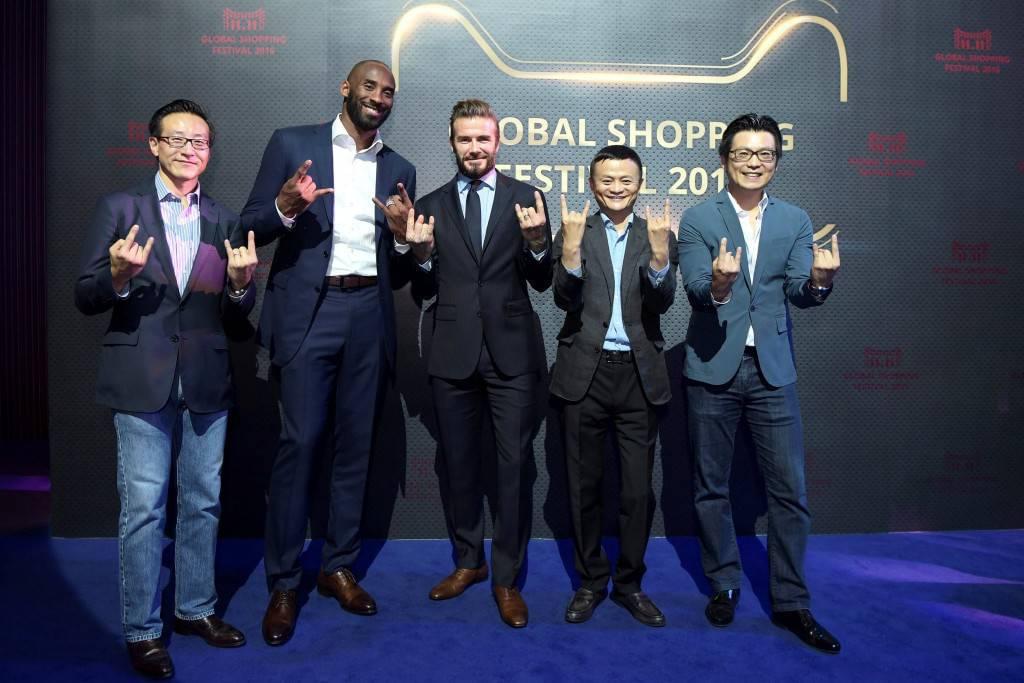

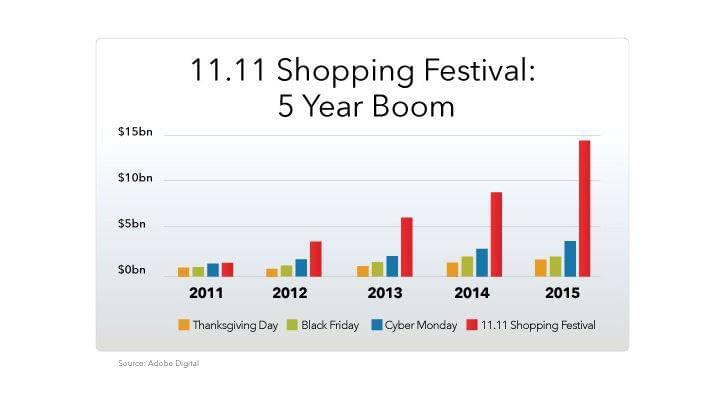
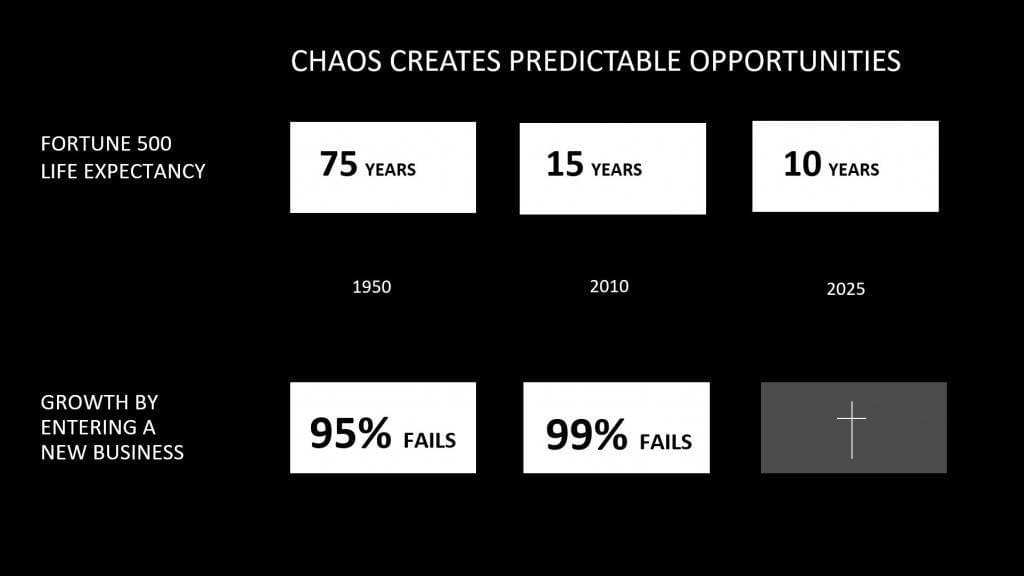

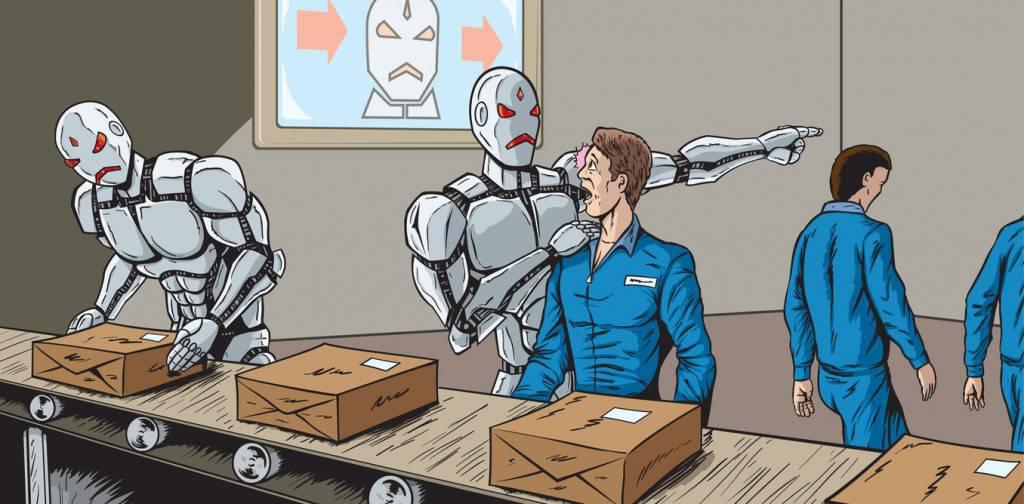


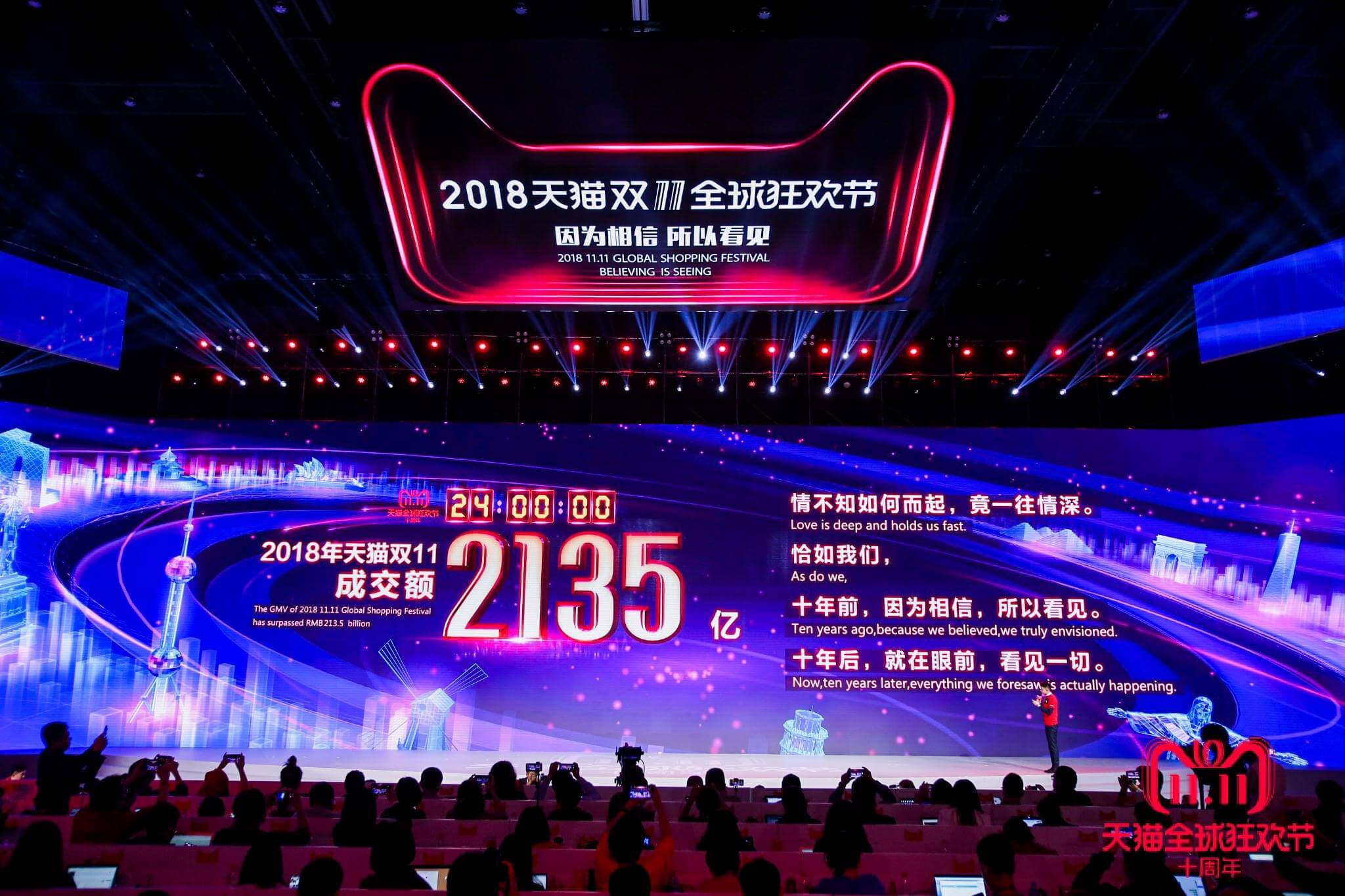





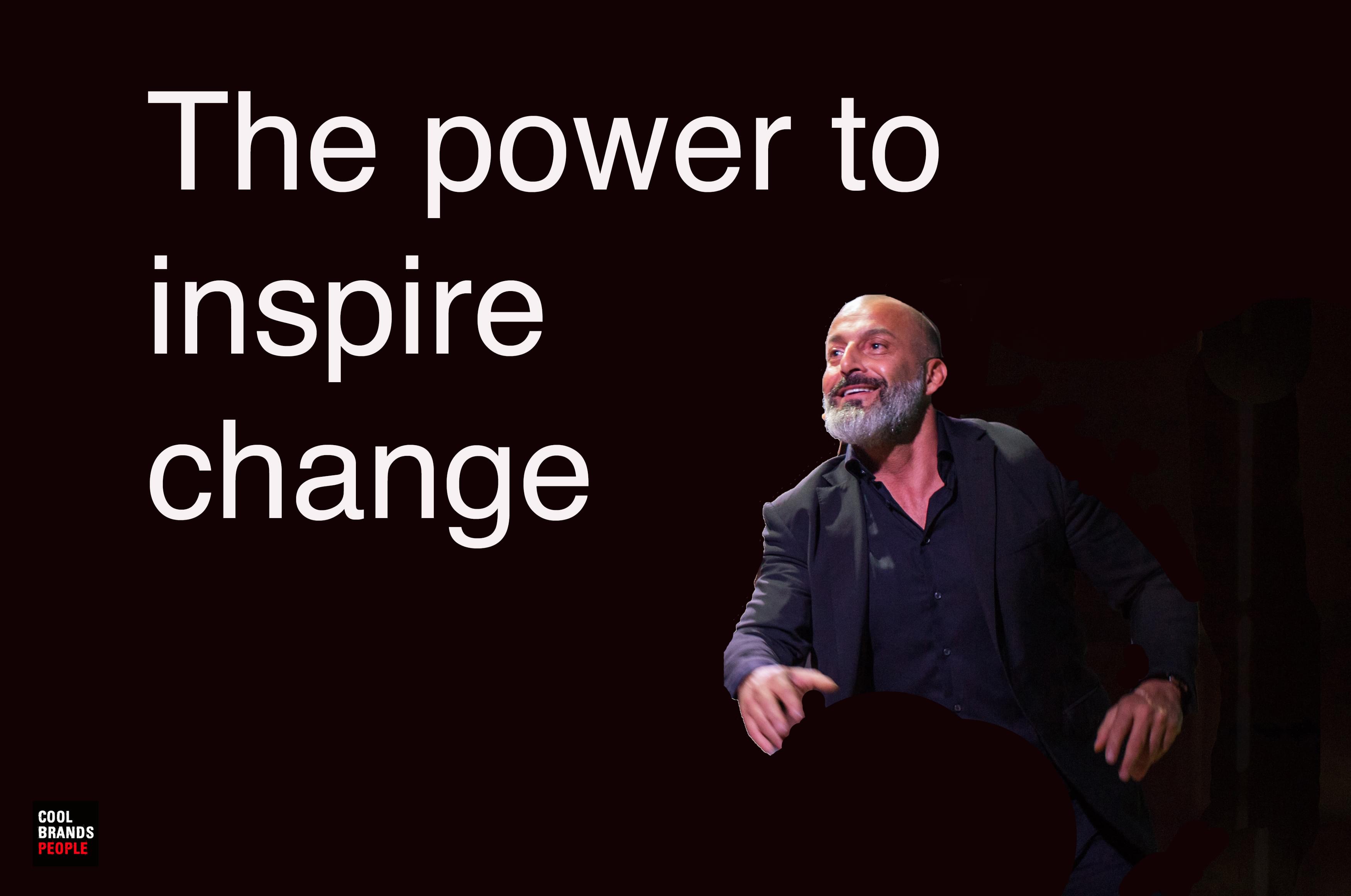








Great read and very interesting insights. Thanks!
My pleasure Han!
Well done to the author. Such a content.